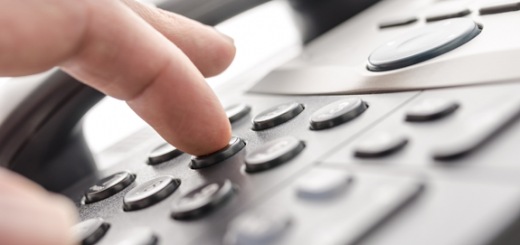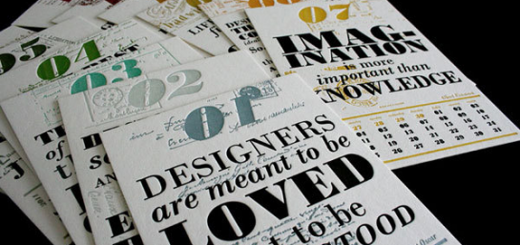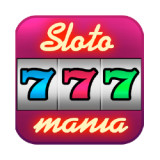Plagiarism and Stolen Content on Wiki
Defining plagiarism
Currently, there is a lot of confusion going around in the name of plagiarism. Very few people can conclusively define plagiarism despite the fact that it’s quite simple. Initially, the intent of all copyright laws was for the protection of the works of artists, thinkers, musicians, writers and playwrights among others from thieves. For instance, if you take someone’s page content and instead of their name, add yours as the author, you plagiarize their content. Plagiarism is this simple.
Plagiarized content on wikis

The rules associated with plagiarism on wikis are slightly different from the normal rules that function elsewhere. The reasons for these differences are in the fact that wikis are no one’s creative works. They are mere walk through in the use of certain works and products. This doesn’t mean you are free to use other people’s wikis as you would like. However, you may do so for FAQ sections and other parts of your use guides. The reason why this is not considered as plagiarism is the lack of creative input where technical writing is concerned.
Citing the source of creative work on a piece of content is one of the most effective strategies to beat plagiarism. Normally, citing may mean simply mentioning someone as the creator of the analogy you are using. This way, you are free to use the content and still not be penalized for plagiarism.
Either way, even in the process of education, information is being passed on from one knowledge base to the other. Having sources along the way is what facilitates that learning process. In a way, as long as the original thought is acknowledged, there is open room for modification, learning and progress.
There are several styles used to cite information. The Modern Language Association (MLA) and the Chicago style as some of the most popular citing style used at university level. Overall, all borrowed content should be enclosed in quotes. It should also, never be altered.
Fair use
Whereas the provision to cite other people’s works, copy wikis and walk through for your clients is acceptable when avoiding plagiarism, it should not be abused. In wikis especially, when you are writing one, its best to add your own contribution to ensure you are not banned, flagged or blacklisted. Abusing fair use is in the intention for plagiarism. It has to be done within reasonable boundaries for it to serve the intended purpose.
Press releases and their exceptions
When it comes to press releases, as long as they have been created by representatives of society, they can be used anywhere. It can be reposted in italics and still qualify as plagiarized content.
Reporting plagiarism
There are a number of ways to deal with plagiarized content on wikis.
- Flagging the stolen content will always gain you the attention of the administrators and stolen content removed.
- Talking to the guides and cheat editors about people who steal content.
- The statutes supported by the DMCA laws are for copyright for individual creative works. The wikis have a strict code for these laws where individually produced content is concerned to protect original authors.
Punishment for plagiarism in wikis
The punishment awarded for stolen content on wikis is largely warnings to perpetrators and suspension from use. Duplicate content checker Plagspotter is one of the most effective ways you can use to determine whether your wiki or content has been stolen by someone else. You can also use it to determine whether or not the content you create has been created elsewhere. This will ensure that you are not perturbed by the complications associated with plagiarized content.








